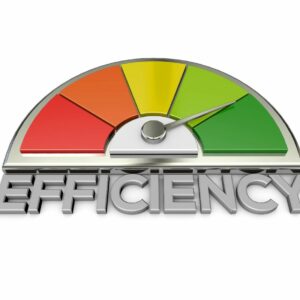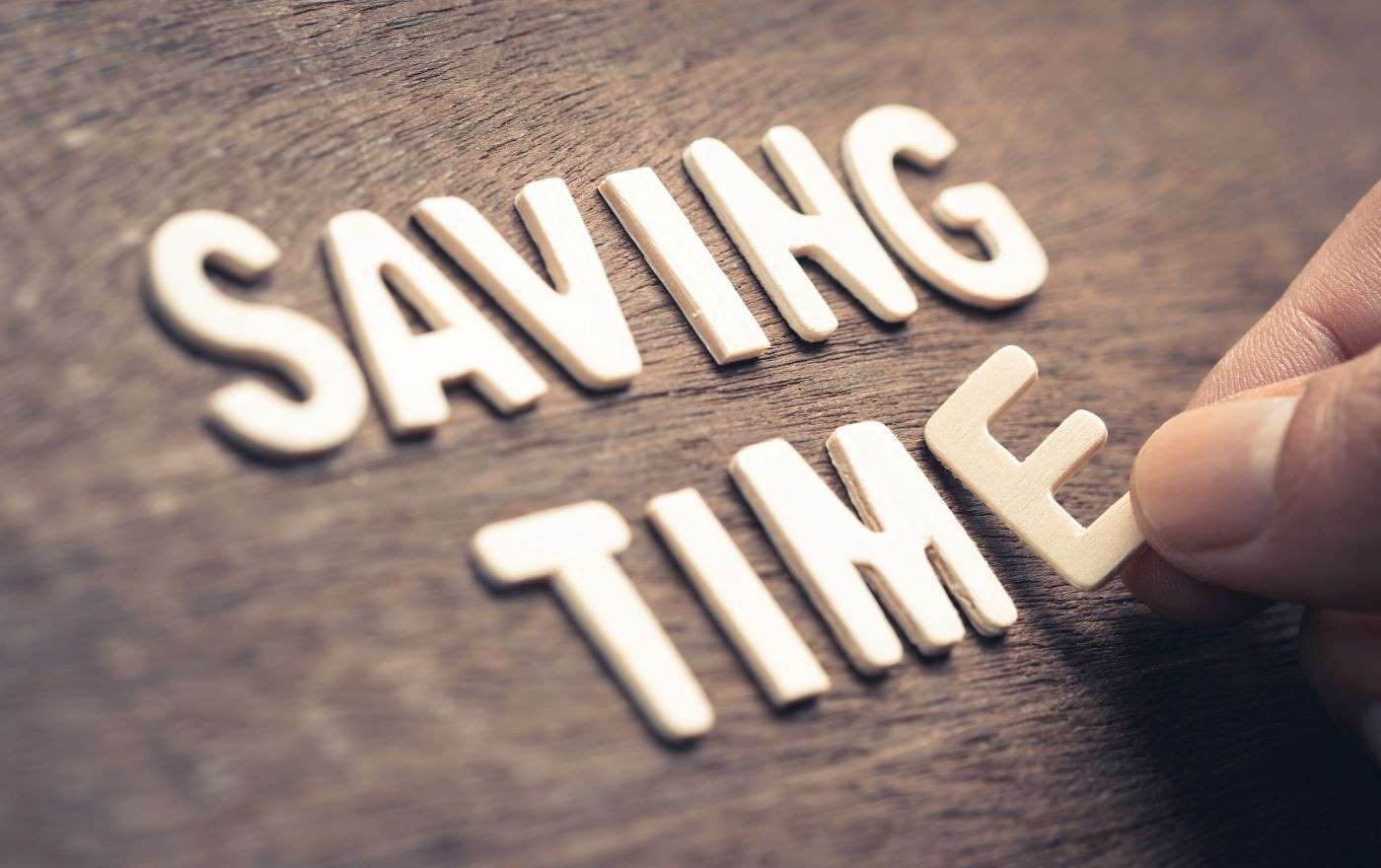
19 Dec Productivity vs Efficiency: Why Knowing the Difference Matters
PRODUCTIVITY VS EFFICIENCY:
WHY KNOWING THE DIFFERENCE MATTERS

You’re busy. You’ve got a million things to do and need more time. So you’re focused on being productive, right? Getting more done, accomplishing more tasks, and maximizing your time. But what if you should be striving for something other than being productive? What if being efficient is more important?
The truth is productivity and efficiency are not the same thing. Being productive means doing more, but being efficient means doing things smarter and more streamlined. And when you focus on efficiency over productivity, you’ll find you can achieve the same results in less time. You can stop feeling overwhelmed by your never-ending to-do list and start working in a more meaningful and sustainable way.
So stop chasing productivity for productivity’s sake. Start thinking about how you can be more efficient instead. Your time and energy are precious resources – use them wisely. Work smarter, not harder. Focus on efficiency. Your stress levels and work-life balance will thank you.
Defining Productivity and Efficiency
You must understand the difference between productivity and efficiency to get more done and work smarter.
Productivity
Productivity refers to the amount of work you achieve in a period. In short, it’s about quantity. The more tasks or work you get done, the higher your productivity. Some ways to boost productivity include:
- Focus on one thing at a time. Minimize distractions and avoid multitasking.
- Have a routine and stick to it. Get up early and start working right away.
- Take regular breaks to recharge. Even taking short breaks can help you renew your mental focus.
- Automate and streamline repetitive tasks. Use tools that can do mundane work for you.
Efficiency
Efficiency is about quality and achieving more with less wasted effort or resources. It’s doing things in a logical, well-organized manner. Some tips to improve efficiency include:
- Prioritize important work that drives results. Focus on high-impact activities.
- Have a system to organize your tasks, files, and information. Make it easy to find what you need.
- Refine your processes to avoid redundancy and unnecessary steps. Figure out the best sequence of actions.
- Learn keyboard shortcuts and other tools that speed up how you work. The less time spent on mechanics, the better.
By understanding the difference between productivity and efficiency, you can achieve more while gaining extra time to pursue things that matter to you. The key is finding the right balance to optimize your work and life.

The Key Differences Between Productivity and Efficiency
Productivity and efficiency—while related—are two very different things. Understanding the distinction can help you better manage your time and priorities.
The Key Differences
Productivity refers to how much you accomplish and the results you achieve. It’s about quantity and output. Conversely, efficiency refers to how well you utilize resources like time, money, and effort. It’s about quality and input.
Productive people focus on doing more and achieving bigger outcomes. Efficient people aim to do things logically and well-organized using as few resources as possible.
You can be productive without being efficient by taking on many tasks and projects but not managing your time or resources well. You can also be efficient without being productive by meticulously planning and optimizing systems but not achieving meaningful results.
The ideal scenario is finding the right balance of productivity and efficiency. Some tips to improve both:
- Prioritize important and high-impact tasks. Stay calm in busy work.
- Develop routines and stick to them. This minimizes wasted time and effort.
- Learn to say no. Take on only what you can handle efficiently.
- Look for ways to optimize systems and processes. Find shortcuts and tools to simplify.
- Review how you’re spending your time and look for opportunities to improve. Make adjustments as needed.
By understanding the difference between productivity and efficiency—and working to improve both—you’ll get more done in less time and with less stress. And that’s a win-win.
Improving Both Productivity and Efficiency in Your Life
Improving your productivity and efficiency is key to accomplishing more quickly. Here are some tips to boost both:
Focus on Important Tasks First
Prioritize high-impact activities that align with your goals and values. Start your day with your most meaningful work before less important tasks fill your time. Say “no” more often to avoid distraction and busy work.
Develop Productive Habits
Successful people share certain habits that maximize their time and energy. Waking up early, exercising, limiting distractions, and planning your day can help you build momentum and a sense of progress. Try to make continuous improvements over time through repetition and consistency.

Use Time-Saving Tools
Leverage technology and tools that streamline repetitive tasks. Keyboard shortcuts, password managers, project management software, and automation tools can give you back weekly hours. Keep a list of websites and apps that save you time to reference when needed.
Take Regular Breaks
It may seem counterintuitive, but taking breaks will recharge your mind and body, making you more productive and efficient when working. Even taking short breaks can renew your mental focus and motivation. Try stepping away from your work for 5 or 10 minutes every 90 minutes. Go for a quick walk or do some light exercise. Your productivity will thank you.
Review and Refine
At the end of each day or week, review how you spent your time and look for areas of improvement. See if there are any inefficient processes you can optimize or unproductive habits you can break. Make concrete plans for avoiding or minimizing distractions and time-wasters in the future. Continuous self-evaluation and refinement are key to progress.
With practice, improving your productivity and efficiency can become second nature. Focus on progressive discipline and celebrating small wins along the way. You’ll accomplish amazing things when you make the most of each day.
Conclusion
So now you know the difference between productivity and efficiency. Hopefully, you feel inspired to take action and make positive changes. Start by evaluating how you currently spend your time and look for opportunities to improve. Maybe you need to minimize distractions, optimize your workflow, or learn to say “no.” Remember, small changes can have a big impact. Focus on progress, not perfection. Take your time trying to transform everything at a time. Pick one area and get started. Once you build that momentum, you’ll gain confidence to improve other parts of your life. The key is developing better habits and a growth mindset. Keep putting one foot before the other, learn from your mistakes, and never stop learning. You’ve got this! Now, go out there and start achieving your goals productively and efficiently. The future is yours to create.
Craig Selinger
Latest posts by Craig Selinger (see all)
- Psychotherapy and Support Services at Cope With School NYC - April 12, 2024
- NYC Parents of Teens Support Group - April 8, 2024
- Here I Am, I Am Me: An Illustrated Guide to Mental Health - April 4, 2024


No Comments